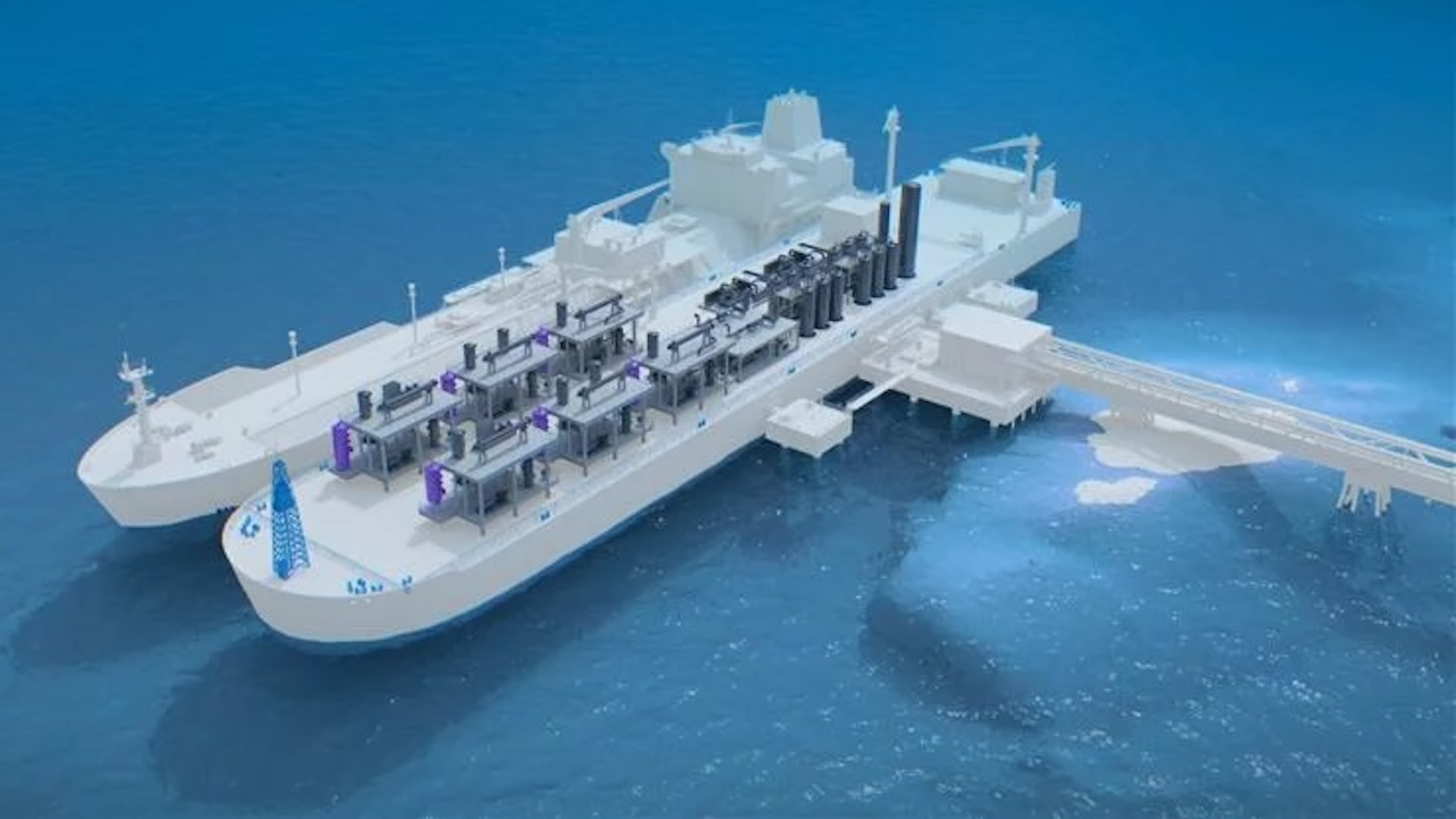Innovative Floating Ammonia-to-Hydrogen Processor Revolutionizes Clean Energy Production in Europe
Key Ideas
- European companies Höegh Evi and Wärtsilä develop a modular floating ammonia-to-hydrogen processor, potentially transforming clean energy production.
- The project, costing $6.6 million, can produce over 231,000 tons of hydrogen fuel, offering a significant boost to the hydrogen economy.
- While hydrogen has various environmental challenges, utilizing clean electricity for its production and use in fuel cells can yield significant planet-friendly benefits.
- Innovative solutions like this, along with other clean energy technologies, are crucial in reducing air pollution and combating climate change globally.
European companies Höegh Evi and Wärtsilä have jointly developed a revolutionary floating ammonia-to-hydrogen processor with storage capabilities. This innovative invention aims to unlock a new approach to accessing cleaner energy sources. The project, resembling a cargo ship with advanced technology onboard, utilizes cracking and regasification methods to convert ammonia into hydrogen. With a total cost of $6.6 million, the modular and scalable processor has the capacity to generate more than 231,000 tons of hydrogen fuel, marking a significant milestone in the hydrogen economy.
Ammonia cracking, an intricate process involving heat and pressure, is at the core of this groundbreaking technology. Despite the mixed perceptions surrounding hydrogen as a clean energy source, the project has the potential to address key challenges in the industry. By using clean electricity for hydrogen production and its utilization in fuel cells, the environmental benefits can be maximized.
The article highlights the importance of innovative solutions like the floating ammonia-to-hydrogen processor in combating climate change and reducing air pollution. Alongside other clean energy technologies, such as solar, wind, and hydrogen-powered systems, these advancements play a vital role in promoting sustainability and a greener future. The involvement of companies and organizations like Höegh Evi, Wärtsilä, and Innovation Norway signifies a collective effort towards achieving cleaner and more efficient energy production methods. By investing in such transformative projects and adopting eco-friendly practices, individuals can contribute to the growth of cleaner technologies and environmental preservation.
